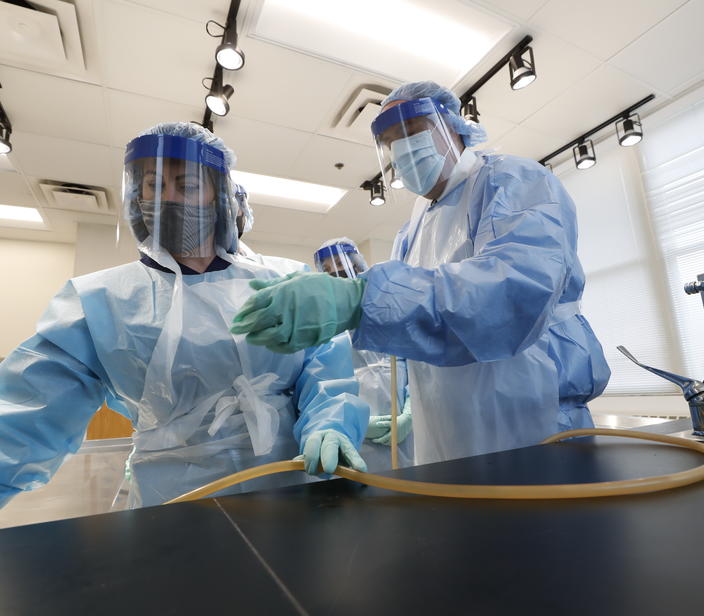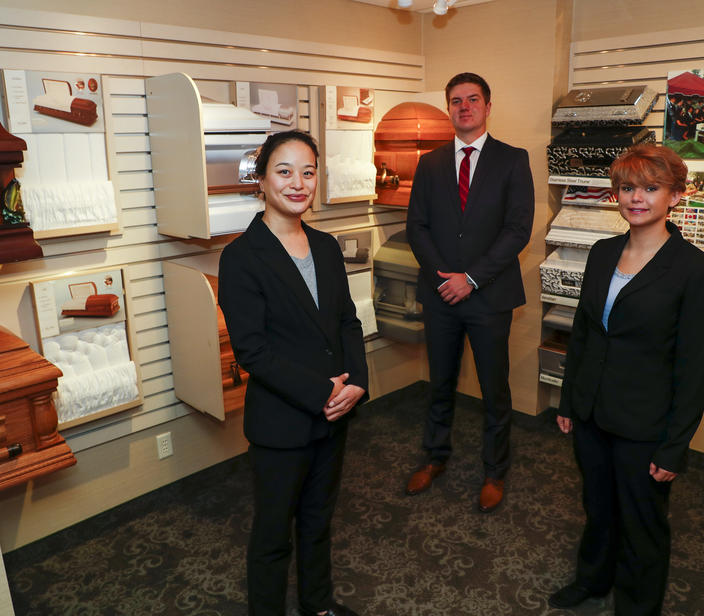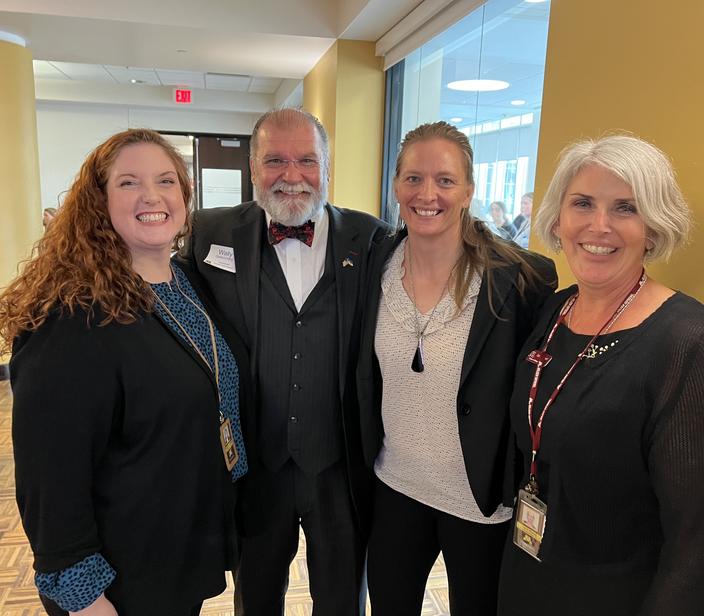
Prepare Skilled Professionals | Serve Communities
Our mission is to skillfully combine the study of behavioral, physical and applied sciences for the goal of preparing graduates for careers as knowledgeable, skilled and innovative funeral service professionals.

Program Director, Michael LuBrant
Funeral directors are health care professionals who serve others during a time of loss, pain and grief. The Program of Mortuary Science's mission is to skillfully combine the study of behavioral, physical and applied sciences for the goal of preparing graduates for careers as knowledgeable, skilled and innovative funeral service professionals. Program graduates will be prepared to serve bereaved members of their communities in a manner that is proficient, dignified and caring.

The Program of Mortuary Science Hosts Virtual Seminars to Improve Funeral Care During COVID-19
With in-person funerals on a hold because of COVID-19, the Program of Mortuary Science at the University of Minnesota Medical School is committed to helping families and funeral service practitioners come up with meaningful ways to commemorate loved ones.


